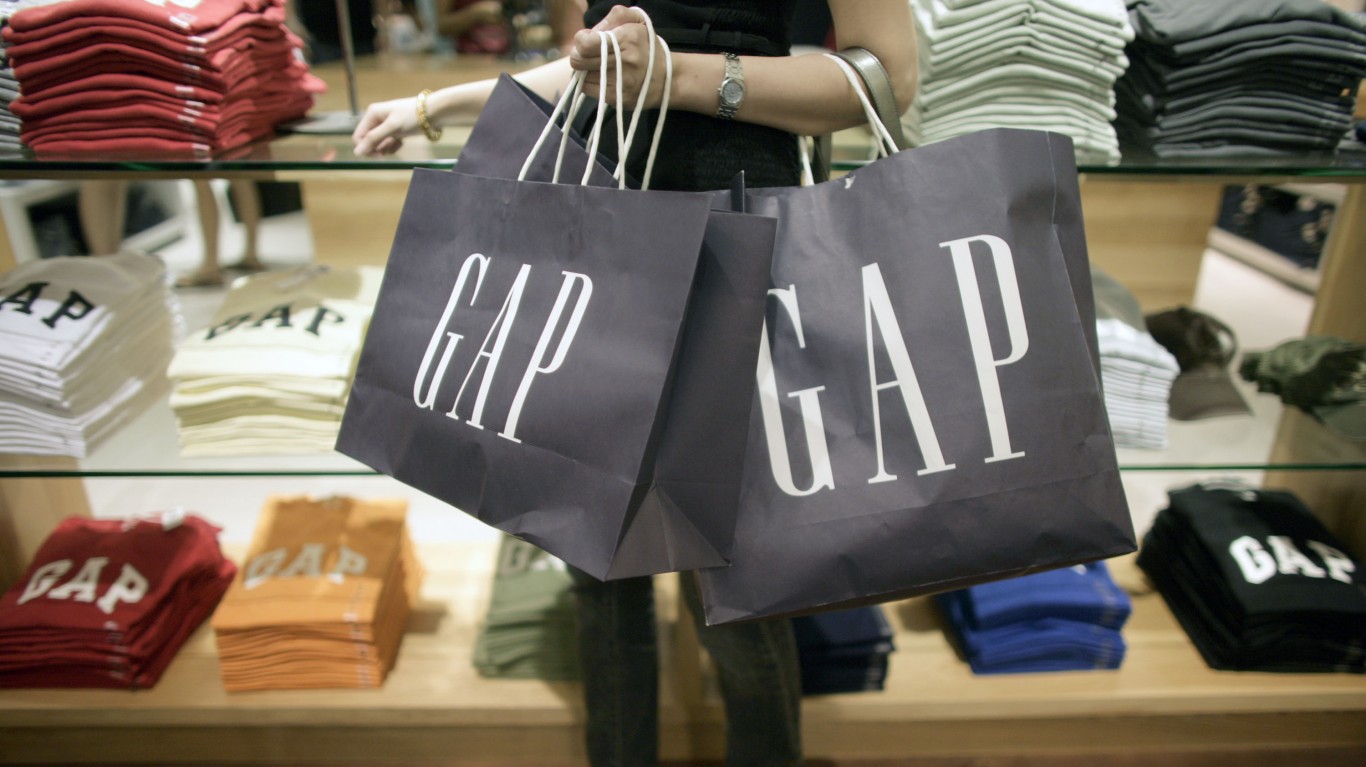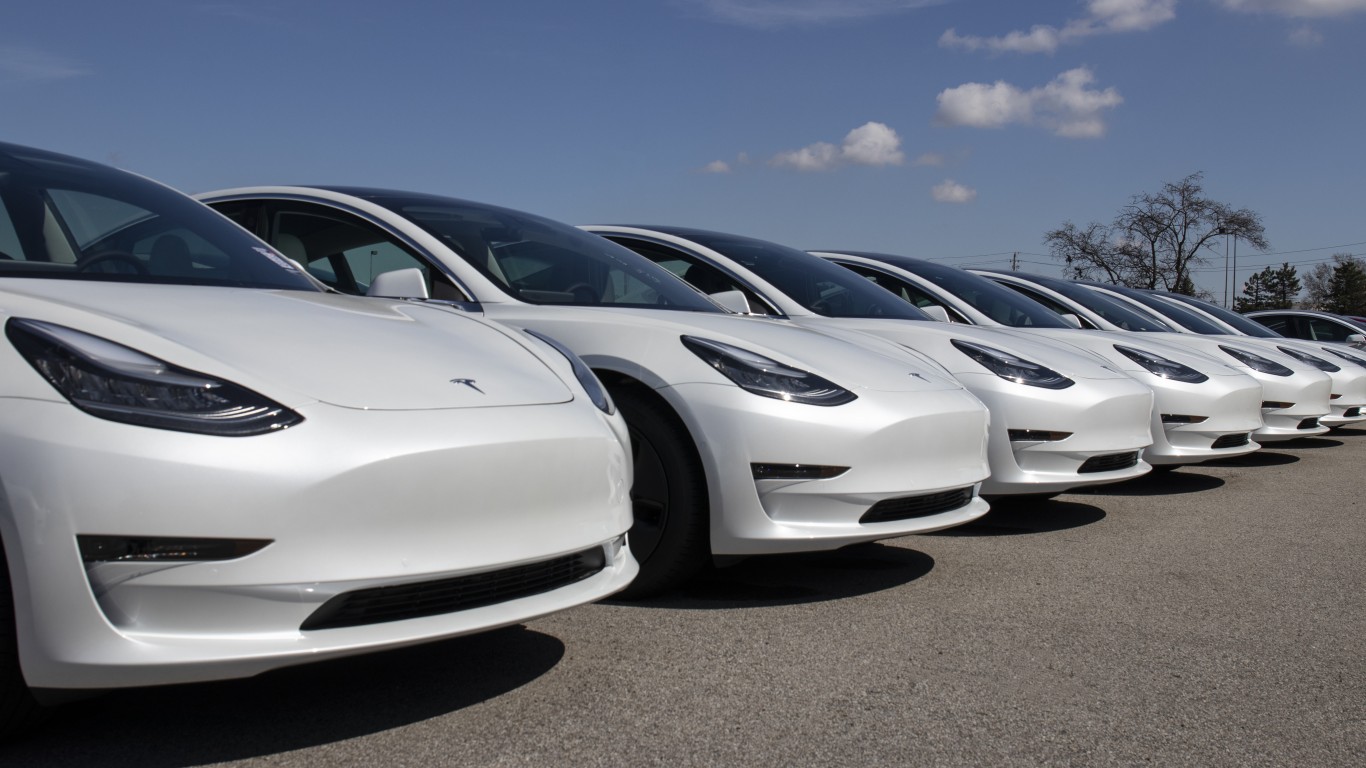 Two events, a world apart, signaled that the global slowdown has begun in earnest, if it ever ended at all. The National Bureau of Statistics in China announced inflation of 6.5% for July, a 3-year high. The Federal Statistics Office of Germany reported that exports fell 1.2% in June. Neither taken on its own would mean much. Together, they are trouble for the second and fourth largest economies in the world.
Two events, a world apart, signaled that the global slowdown has begun in earnest, if it ever ended at all. The National Bureau of Statistics in China announced inflation of 6.5% for July, a 3-year high. The Federal Statistics Office of Germany reported that exports fell 1.2% in June. Neither taken on its own would mean much. Together, they are trouble for the second and fourth largest economies in the world.
China’s response to inflation is to tighten bank loan activity. The People’s Republic hopes that tightening will not slow its 9% plus GDP improvement, but it is nearly inevitable that a lack of ready capital will. The availability of capital has been at the core of the ability of Chinese manufacturers to build new facilities, pay new workers and buy inventories. It is also believed that the Chinese middle class has had increased purchasing power due to access to credit. The consumption of that middle class is nearly as important as China’s exports to the nation’s expansion.
Germany has been the only successful economy in Europe, if GDP growth and exports are the best measure. Sales of a range of things from German cars to technology created by huge firms like SAP (NYSE: SAP) have driven exports higher. Contraction of German export levels is almost bound to mean that global demand for high-end consumer and enterprise products has begun to flag.
China’s and Germany’s problems are quite different, although each means the global economy is not healthy. China’s inflation probably says that its demand for commodities like oil, metals and grains has increased. That will probably cause some level of inflation elsewhere. China’s needs cannot be satisfied simply by a growth in agricultural products and crude. Production of these things has not grown in any significant way. The West may be in the midst of an economic contraction, and China’s appetite could cause that to be coupled with inflation, which is another enemy of a recovery.
Germany’s economic might has kept its population satisfied to some extent as the nation has become the lender of last resort in Europe. That population will not be as ready to supply aid to neighbors if the country’s own economic prospects falter. The EU needs German capital to trigger whatever recovery the region might have.
The U.S. economy is in trouble. So is Japan’s. Together with Germany and China, these represent nearly $30 trillion in annual GDP. That is as large as the GDPs of the next 20 largest nations combined. The world needs at least two or three of these economies to be healthy to prevent another deep recession.
A slowdown in Germany coupled with China’s inflation means that the two stalwarts of the global economy could join the U.S. and Japan in trouble.
Douglas A. McIntyre
Take Charge of Your Retirement: Find the Right Financial Advisor For You in Minutes (Sponsor)
Retirement planning doesn’t have to feel overwhelming. The key is finding professional guidance—and we’ve made it easier than ever for you to connect with the right financial advisor for your unique needs.
Here’s how it works:
1️ Answer a Few Simple Questions
Tell us a bit about your goals and preferences—it only takes a few minutes!
2️ Get Your Top Advisor Matches
This tool matches you with qualified advisors who specialize in helping people like you achieve financial success.
3️ Choose Your Best Fit
Review their profiles, schedule an introductory meeting, and select the advisor who feels right for you.
Why wait? Start building the retirement you’ve always dreamed of. Click here to get started today!
Thank you for reading! Have some feedback for us?
Contact the 24/7 Wall St. editorial team.





